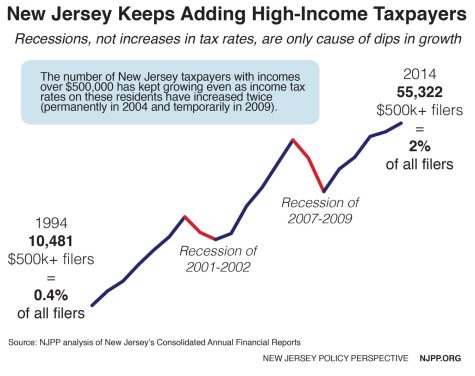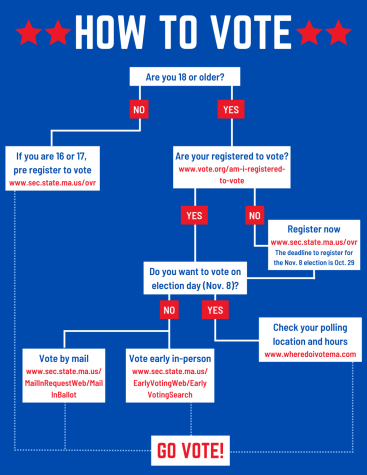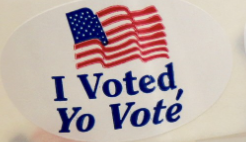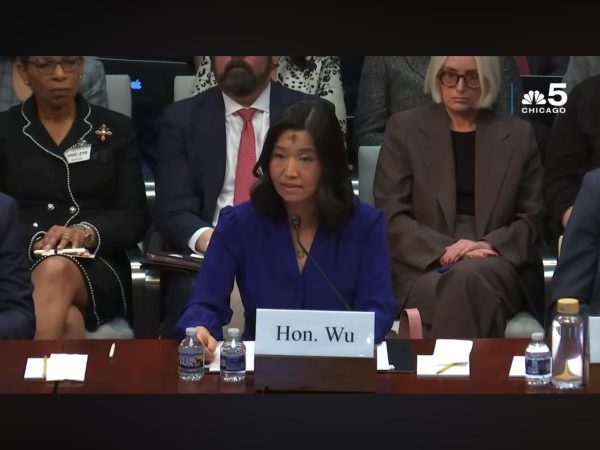Vote “yes” on Question 1 for a more equitable Massachusetts
Question 1 – a question regarding Massachusetts’ income tax – will be on the ballot this November. If approved, any income over $1 million will be taxed an additional 4%. The revenue will be used for education, transportation, and infrastructure.
Currently, individual income in Massachusetts is taxed at a rate of 5% for all earners. If this amendment to the Massachusetts’ constitution is passed, then any individual income over $1 million will be taxed at a rate of 9%. This means that someone with a $3 million income will pay a 5% tax on $1 million and a 9% tax only on the remaining $2 million.
This increased tax revenue is projected to add $1.2 billion to the state’s annual budget. Each year, the additional tax rate would be adjusted for factors such as the cost of living.
These additional funds are designated to be used for transportation, infrastructure, and public education at all levels from kindergarten to college. This will allow Massachusetts to fix buildings and roads as well as make public education more affordable. Improvements in schools and infrastructure will also help improve the state in other ways, such as providing more jobs and making Massachusetts a more desirable place to live.
Though no specific projects have been approved, in a school district like Hamilton-Wenham, in which the older buildings are seemingly in constant need of repair, an addition to the state’s education and infrastructure budget could be helpful.
A study published in January 2022 by the Tufts University Center for State Policy Analysis also noted that given the way Massachusetts generally spends tax revenue, an increased tax on the most wealthy “is almost certain to end up helping families much lower down the income ladder, with some meaningful portion for the state’s growing population of people of color.”
Some opponents of Question 1 argue that the additional tax will hurt small business owners and large employers, but it is important to note that the proposed tax is different from the more well-known wealth tax.
A wealth tax increases taxes on net worth, but the 4% tax increase in Massachusetts applies only to annual income over $1 million. Citizens will be taxed on their individual paycheck, not the value of their company or property.
Opponents also have stated concerns that an increased tax on the wealthiest in Massachusetts would drive people out of the state.

However, the aforementioned Tufts study debunks this claim, saying that people with high incomes are usually very connected to their communities; they are more likely to be married, have kids in school, and run nearby businesses. Those who choose to move because of the tax would not only be uprooting their families from the community but would risk losing a network of “investors, mentors, and collaborators that helped drive their success.”
Question 1 is similar to a millionaires tax that was signed into law in 2020 in New Jersey. The law increases the income tax rate to 10.75% on income over $1 million per year. Before then, the state had enforced other tax increases for wealthier citizens, but the number of high-income taxpayers did not decrease. According to New Jersey Policy Perspective, a nonpartisan think tank, “recessions, not increases in tax rates, are [the] only causes of dips in growth.”
New Jersey is not the only state with an established millionaires tax – California, Connecticut, Maine, New York, and Washington D.C. all tax their wealthiest citizens at a higher rate. Millionaires tax aside, the majority of America’s states have a graduated-rate income tax.

Raising the tax rate for income over $1 million in Massachusetts would not be breaking new ground or heading into uncharted territory. Massachusetts would be joining the growing number of other states who have recognized the problem of income inequality and sought to make their state a better, more equitable place to live and work. The state would be able to fund more essential public services like education, transportation, and infrastructure that will help everyone, regardless of wealth.
Whether or not this millionaires tax passes is in the hands of the people. Election Day is on Tuesday, November 8, with alternative options to mail in a ballot or vote early. There are many ways to get involved; anyone, regardless of voting status, can volunteer for organizations that support this ballot measure and encourage friends and family to vote.
Citizens have a voice in how their state operates, and it is time to use that voice to make Massachusetts a more equitable state for everyone by voting “yes” on Question 1.
Olivia Soolman is a senior at HWRHS. While Olivia has not written for the paper before, she is interested in journalism and is excited to write and edit...







